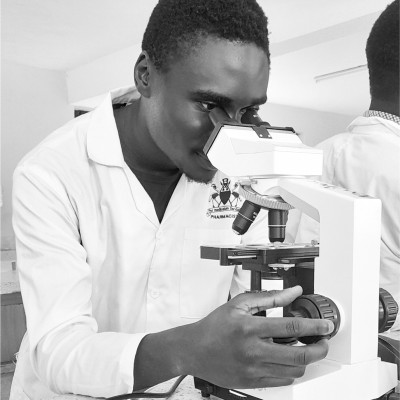She Overdosed on Panadol for Period Pain. Her Liver Failed.
Overdose • May 26, 2025 1:44:50 AM • Written by: Hope Emmanuel

It started as a normal school day... until she woke up in pain 😖
She was a boarding school student - young, stressed, and curled up in a dorm bed, wincing in pain. It was her period. The cramps had never hit this hard before.
Her best friend, concerned but equally naive, reached into her bag and handed her a few Panadol tablets. "It’s just Panadol,” she said. “What’s the worst that could happen?” 💊
But the pain didn’t stop. So she took more. And then more again. By the end of the day, she had swallowed far too many— more than her liver could handle.
Paracetamol isn't as harmless as it seems ⚠️
Panadol — or paracetamol — is one of the most commonly used painkillers in the world. It's cheap, easy to access, and generally safe when used correctly.
But in overdose, it becomes one of the most dangerous drugs.
What most people don’t realise is that paracetamol doesn’t usually kill fast. It kills slowly, and silently — especially if help doesn’t come in time. 😢

Here's what happened inside her body 🧬
Paracetamol is broken down by the liver. Most of it is processed into harmless compounds. But a small portion becomes a toxic substance called N-acetyl-p-benzoquinone imine (NAPQI).
Normally, the liver uses a protective molecule called glutathione to neutralise NAPQI. But in overdose?
Glutathione runs out.
NAPQI builds up.
And the liver cells start to die. 💔
Within 24–72 hours, the damage can be severe. Symptoms start with nausea, vomiting, and abdominal pain — then progress to acute liver failure, jaundice, confusion, and sometimes death.
Could this have been prevented?
Absolutely. There is an antidote — N-acetylcysteine (NAC) — but it must be given as early as possible. In resource-limited settings, the challenge is even greater. Early detection is crucial, but it often comes too late. ⏳
This could have been avoided with:
-
Clear education on maximum daily doses
-
Awareness of how paracetamol works
-
Better access to urgent medical care
-
A healthy habit of asking questions before self-medicating
What can YOU learn from this case? 📚
Whether you’re a student, clinician, or just curious about medicines — this case is a reminder:
✨ Pharmacology isn’t just theory. It’s life and death.
✨ Even common drugs demand respect.
✨ And you should never underestimate the power of understanding mechanisms of action.
🎯 Ready to test yourself?
Do you know the safe dose of paracetamol?
Can you recognise the signs of early liver damage?
What would you do if this was your patient?
👉 Take the quiz and find out: hope.co.ug/quiz

